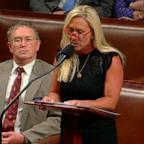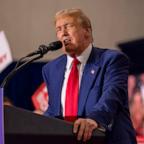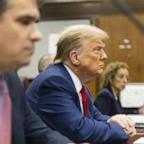Economic reports: Factory output up; prices rise some
WASHINGTON -- Every day seems to bring another sign the economy is stirring again — without awakening inflation.
The latest evidence came in two reports Wednesday:
•Production at the nation's factories rose by a better-than-expected 0.8% last month from July, driven by an 11.7% surge in auto production, the Federal Reserve reported. Excluding autos and auto parts, industrial production was up a respectable 0.4% in the month. Output at U.S. utilities shot up 1.9% on rising temperatures as a mild July gave way to a warmer-than-usual August. The Fed also said industrial production rose 1% in July, twice as fast as originally reported. "The economy clearly has turned the corner," Deutsche Bank economists wrote.
The report also showed the depth of the hole the economy plunged into over the past year: Compared with a year earlier, industrial production was down 10.7% in August, and the nation's industries were running at 69.6% capacity, well below the 1972-2008 average of 80.9%.
•Consumer prices rose 0.4% from July to August, largely on a 4.6% rise in energy prices, the Bureau of Labor Statistics said. The core price index — which ignores volatile food and energy prices — barely blipped, up 0.1%.
The modest uptick in consumer prices means the Fed has leeway to keep interest rates low, giving the economic recovery a chance to gain more momentum. Core inflation "is quiet, and there is so much slack in the economy that it should remain so," says Nigel Gault, chief U.S. economist at IHS Global Insight. "The Fed does not need to rush to tighten monetary policy. Inflation is a potential threat, but for some way down the road, not today."
Deutsche Bank said the economy is in a "sweet spot" with growth returning and inflation under control. It expects the economy to grow at a 4% annual pace this quarter and 2.5% next as factories ramp up to fill empty warehouses, credit loosens and interest rates stay low.
But things could still go wrong, the Deutsche Bank economists warn. They worry that the current recovery might prove too dependent on temporary government stimulus measures such as tax cuts and the cash-for-clunkers auto program.




